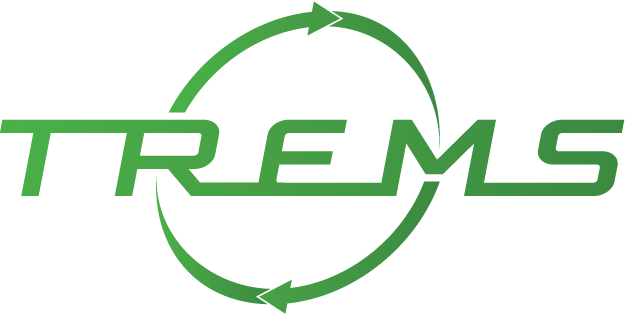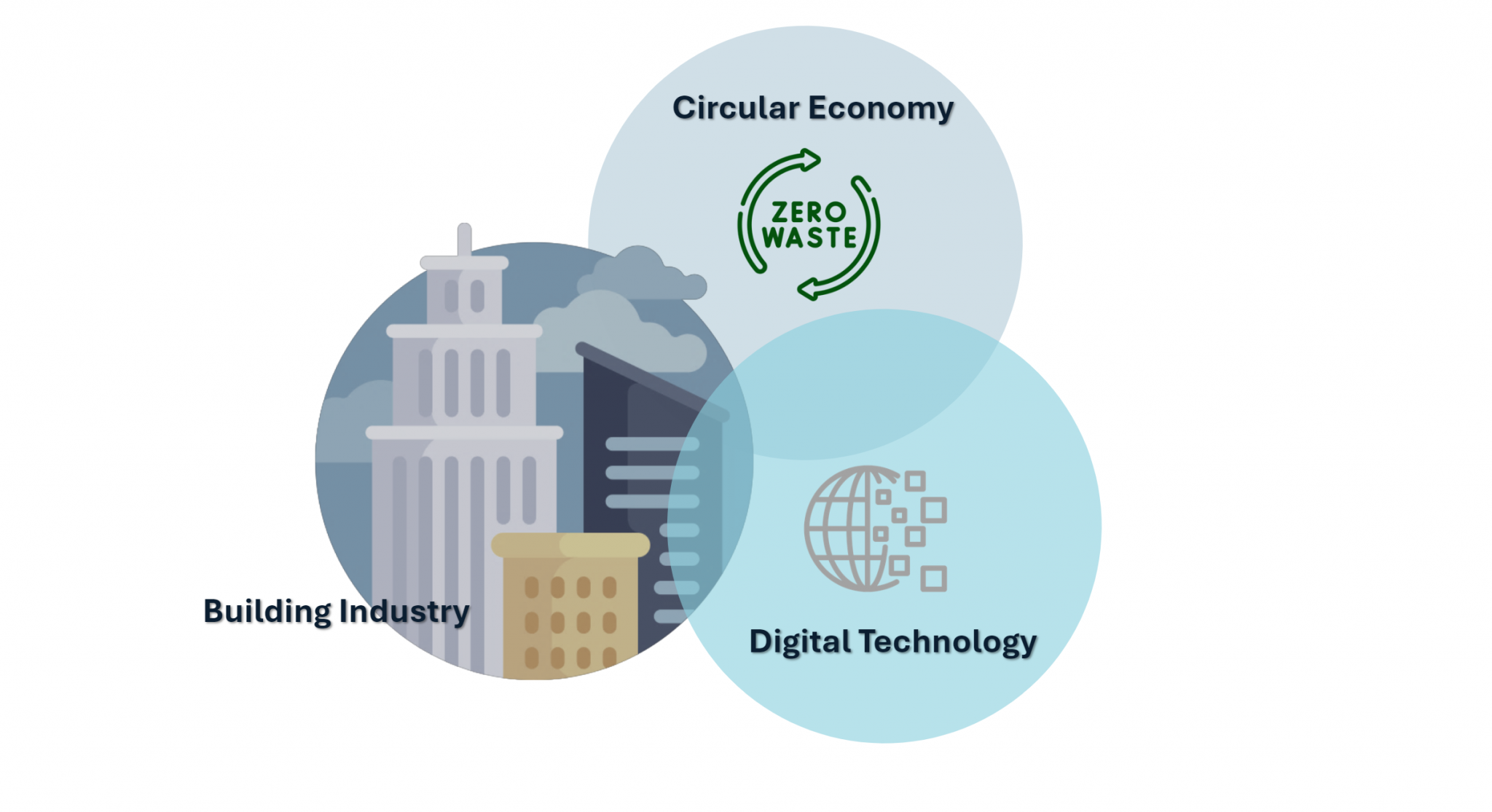January to July
We’re excited to bring you the latest updates from the TREMS Research Hub. As Hub Director I’m delighted to report that we have now more than ten mature technologies ready for translation. On behalf of the TREMS team I would like to thank all our partners for their support during the past three years since officially commencing in November 2021.
The hub research program includes 37 research projects delivering solutions across five major themes. In this, online newsletter edition, we’re highlighting some of our recent achievements, showcasing media highlights, and offering you opportunities to be engaged with the exciting research program within the Hub.
Professor Sujeeva Setunge
Project Profile:
Theme 1- Social change and smart design to minimise waste
Project 2- Social and policy dimensions of waste minimisation and waste management (Sub-project 1)
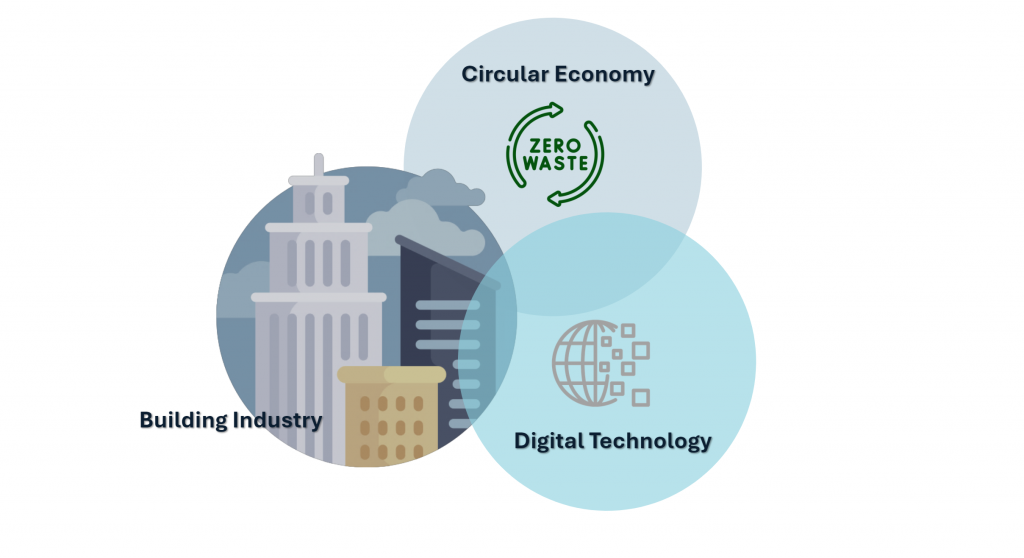
Effective and efficient zero waste practices – the circular economy approach
Uptake of circular economy (CE) practice is constrained in the Australian homebuilding sector due to many practical hurdles. Notably, reuse, considered the best waste prevention and efficient resource use strategy in CE discussions, is typically more complex to achieve than virgin material use. The emphasis on housebuilding materials sustainability is on landfill diversion, recycling, and waste sorting, with little focus on substitution. Additionally, the digital procurement tools used generally overlook opportunities for reuse. Therefore, this research project addresses the challenge of incorporating reuse practices into existing volume homebuilding e-procurement systems.
Potential benefits of this research for the industry:
As the building industry regulation transitions toward circular practices and recognises the significance of building materials supply chains as key factors in developing circular policies, there is the possibility that the results of this research and the interview data become instrumental in understanding experiential insights. These insights, in turn, have the potential to enhance the integration of circular practices within the industry and improve the relevance of sustainability reports.
Can you Help?
To support this project we’re looking to interview construction professionals and stakeholders in the following areas;
– Construction, procurement, or site managers with experience in the volume homebuilding industry.
– Residential construction site waste management companies (e.g. Bingo the Skip Company or Job Site Recyclers and Möbius) which work with volume home builders and offer services, including on-site waste collection, sorting, recycling, and disposal of construction waste.
– Sustainability leaders within the building industry (preferably with experience in the residential sector or volume homebuilding).
– Professionals active in or have experience with electronic procurement for the construction industry.
– Any other relevant professionals and stakeholders who may have knowledge and be interested in discussing material reuse in the residential construction industry.
If you know anyone who meets the above description or know people who do we’d appreciate your help to connect with them.
This work is being done by one of our incredible students’ Sara Pishgahi whose PhD is on waste management in residential buildings. Reach out to her on LinkedIn or write to Hub Manager Jen Paynter here. Or, learn more about the project goals through the link below.
Researcher Highlights
Congratulations to Professor Namita Choudhury, (Head of RMIT’s Chemical and Environmental Engineering) who has become the first Australian to win the George Stafford Whitby Award for Distinguished Teaching and Research from the American Chemical Society.
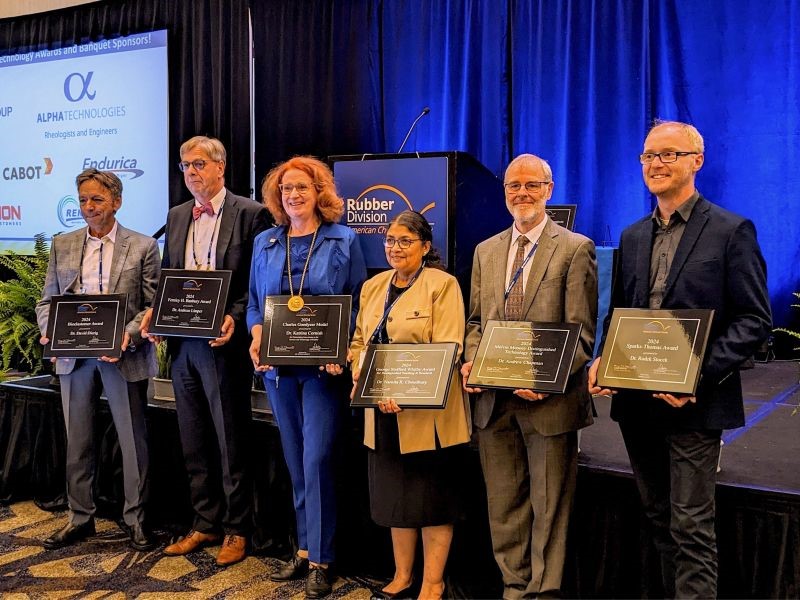
You can have a look at Professor Choudhury’s TREMS’ projects here:
- Recycled polypropylene packaging composites
- Water based paint waste as an additive to geopolymer concrete
Future Fellow Recipient
Future Fellowships reflects the Australian Government’s commitment to excellence in research by supporting excellent mid-career researchers to undertake high quality research in areas of national and international benefit. We’re thrilled to congratulate Dr Kate Nguyen on her Future Fellowship, following on from her ARC DECRA Award. Dr Nguyen is leading the New fire protection materials from industrial waste project.
NOBEL Centre – Exciting new ARC hub from TREMS team
We’re proud to share Western Sydney University’s Distinguished Professor Vivian Tam from the School of Engineering, Design and Built Environment will lead a new Industrial Transformation Training Centre in digital platforms for Net-Zero Building Ecosystem Lifecycle (NOBEL). The centre aims to train the next generation of transdisciplinary leaders within the building construction sector. It will deliver the training and end-user research capability necessary to address the need to transform the sector into a net carbon-zero ecosystem. Vivian leads Theme 4 of TREMS Hub.
Recent Events
TREMS has been honoured to be guests at recent events the CSIRO, MUSE event 28 May, 2024, Melbourne, Australia and the Euro Bitumen and asphalt congress in Hungary 19-21 June.
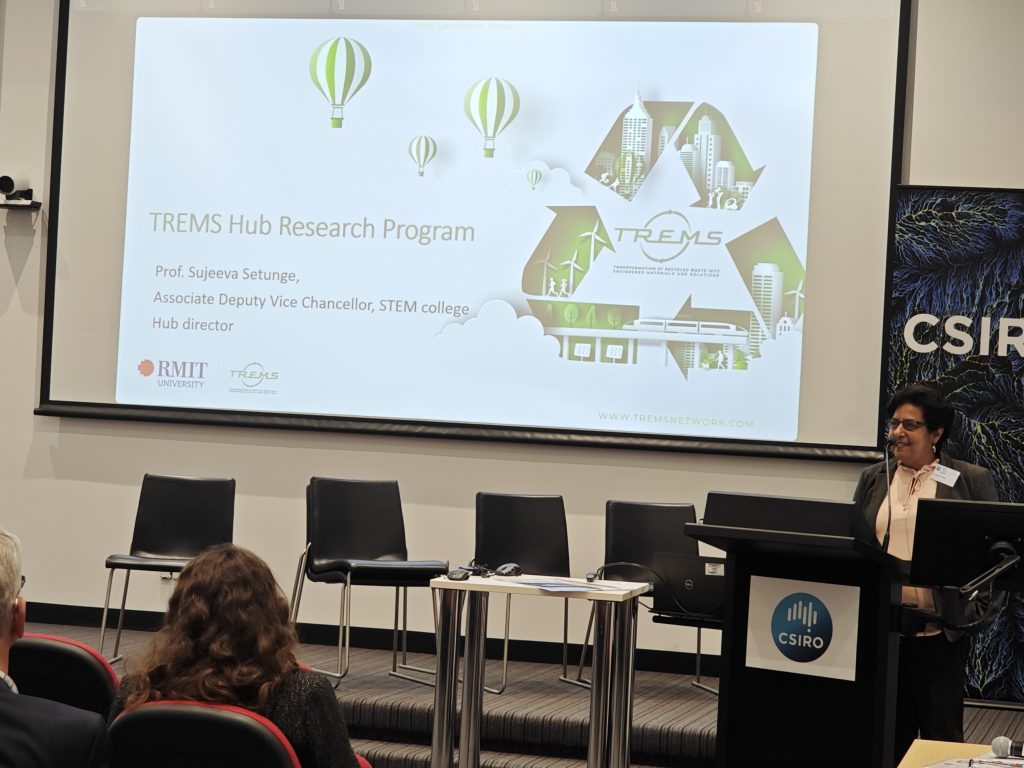
TREMS Director Professor Sujeeva Setunge shared an update on the Hub at the Materials upcycling and Sustainability Exploration (M.U.S.E.) Workshop hosted by the CSIRO in May on the work that we’re doing to reclaim materials for future use.
The one-day workshop explored the landscape of waste upcycling and sustainability in Australia. Bringing together industry leaders and researchers, enabling collaboration towards more sustainable upcycling processes. With presentations from academic and industry experts, an industry focused panel discussion and a poster session focused on pioneering technological advancements.
Professor Filippo Giustozzi, attended the Euro Bitumen and asphalt congress in Hungary. This congress is organised jointly by the European Asphalt Pavement Association (EAPA) and Eurobitume (European Association for Bitumen). In 2024, Professor Giustozzi led a field trial of recycled plastics in bitumen in ten local councils in partnership with Austroads under Theme 4 in TREMS.
Recent Media – Greener Concrete?
RMIT researchers have developed a new type of “green concrete” that incorporates twice as much recycled coal ash as existing low-carbon concretes, halves the amount of cement required, and lasts even longer than regular Portland cement concrete.
TREMS made the news with over 130 media outlets sharing stories on the work being done in the Hub on green concrete.
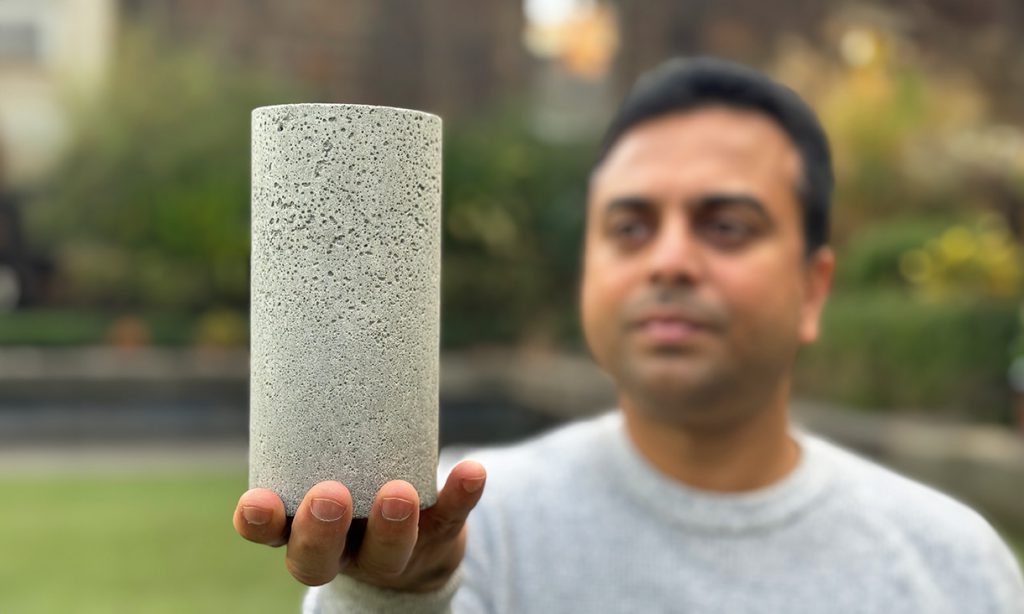
Research by Dr. Chamila Gunasekara for the TREMS Hub could potentially help clean up the hundreds of ash ponds, currently storing waste from coal fired electricity suppliers around the world.
Upcoming Events and Opportunities:
TREMS Annual Showcase
Save the date: 14 October 2024 for our annual industry showcase. This year we’re planning a series of interactive workshops with our partners to explore opportunities for translation of mature outcomes of TREMS research program.
